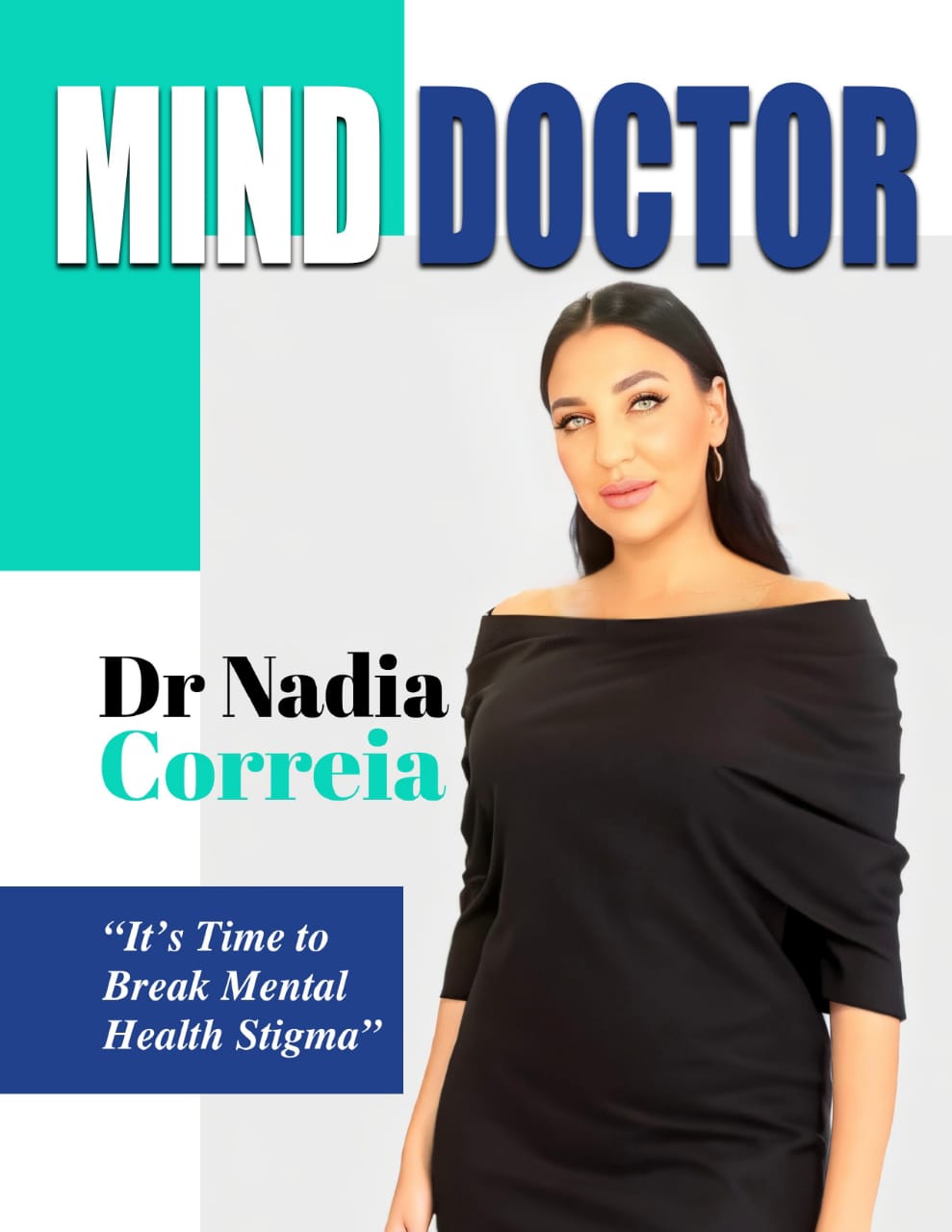Perform Dual Diagnosis Examination By Using These Tools
A person who is suffering from substance abuse and mental health problems will have a dual diagnosis. His disorder can be provided with the right treatment when the connection between the two disorders is examined by professionals. Clinicians can make this possible through the use of the appropriate assessment tools.
The influence of mental conditions and drug abuse on each other can be clearly understood by getting the affected person’s history. This includes the time the substance use started, the symptoms of his mental health, past mental health and substance use treatments and his age. Such information will be helpful for professionals to identify how the 2 ailments begin in the first place and know the appropriate dual treatment programs which fit the patient’s case. Some people who with mental issues are likely to resort to utilizing substances to alleviate their condition while others who have substance addiction may have psychiatric problems like psychosis.
Many clinicians find observation as a significant tool to evaluate dual disorders. This involves focusing on the affected individual’s behaviors and symptoms which can help professionals to know the real condition of the patient. For example, a person may have bipolar condition when he can’t sit still and may need to put more pressure when speaking. But, physicians should also take into account that an individual who used to use cocaine is likely to show manic symptoms. Observing the patient for some time will help physicians obtain a real diagnosis and provide Drug Treatment Programs.
Moreover, some physicians make use of some reference books to evaluate dual diagnosis in the Dual Diagnosis Treatment. The American Psychiatric Association’s “The Diagnostic and Statistical Manual of the American” is one of the most favored tools to identify the two disorders. This book is helpful in matching the patient’s symptoms with various diagnostic criteria. With this, physicians can determine the role of mental health and substance abuse in the life of the patient.
Clinicians who give dual treatment programs to people with dual diagnosis work as a team. Evaluating dual diagnosis can be made possible by their collaboration wherein they can get several treatment approaches based on various perspectives. Also, other professionals can also give their specific expertise which can be necessary to the success of the treatment program. This group of clinicians is often composed of doctors, psychiatrists, social workers, psychologists and nurses. Having consultations with one another can help them determine the many causes of the affected person’s symptoms and provide them more precise evaluation on his condition.



